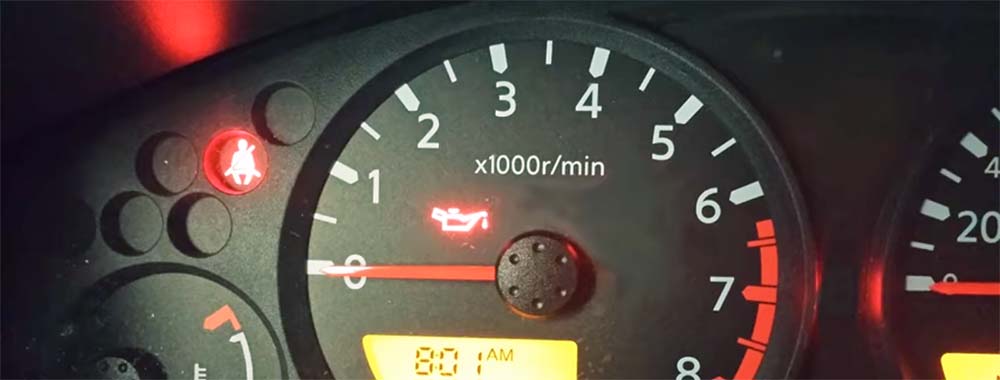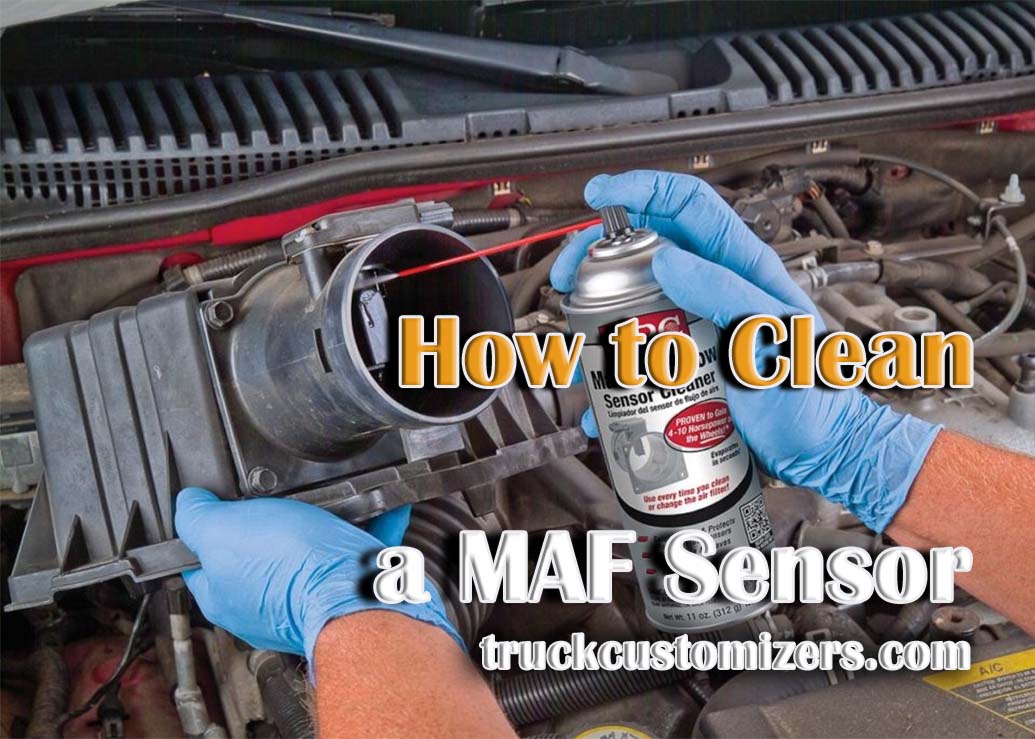Within the automotive world, vehicles come equipped with a myriad of warning signals, each serving a critical role in ensuring driver safety and vehicle performance. One such essential yet often misunderstood warning is the oil light flicker. To a casual observer or a novice driver, it might seem like a minor inconvenience or a trivial electrical glitch. However, in reality, this flicker can be an important harbinger of potential issues within the vehicle’s engine system. The oil light serves as a guardian of sorts, providing timely notifications about the internal oil pressure levels and alerting drivers when things are amiss.
Importance of Engine Oil Pressure
Engine oil isn’t just a viscous fluid that resides within the engine; it plays a pivotal role in ensuring the seamless operation of the vehicle. Its chief responsibility is to offer lubrication to the numerous moving components of an engine. This lubrication process reduces the friction between parts, ensuring they operate smoothly and don’t wear out prematurely. Now, the oil pressure is the force that drives this lubricating oil to all the necessary nooks and crannies of the engine. When this pressure is maintained at the required levels, the engine hums along without a hitch. Conversely, any discrepancies in the pressure can lead to the infamous oil light flicker, signaling that the oil isn’t reaching where it’s supposed to.
Common Causes of Oil Light Flickering
While vehicles are marvels of modern engineering, they aren’t immune to issues. Oil light flicker is one such problem that can have multiple origins:
-
The engine oil level might be running low, which can be due to consumption, leaks, or an overdue oil change.
-
The oil pressure sensor, which reads and reports the oil pressure, could be malfunctioning, giving false alarms.
-
As oil travels through the engine, it passes through filters and various passageways. Over time, these can get clogged, leading to restricted oil flow.
-
General wear and tear of engine components over prolonged usage can cause disparities in oil distribution.
-
Lastly, using oil with a viscosity not recommended for the specific vehicle model can lead to inadequate lubrication and, consequently, the flickering of the oil light.

Potential Risks of Ignoring the Flicker
A simple flicker might seem inconspicuous, but in the intricate machinery of a vehicle, it can be the precursor to significant issues. While the primary role of the oil light is to alert the driver about potential oil pressure discrepancies, ignoring it can lead to a cascade of problems. Without adequate lubrication, engine parts can start grinding against each other. This increased friction not only accelerates wear and tear but also raises the engine’s temperature, risking overheating. Over time, an overheated engine can lose its efficiency, guzzle more fuel, and even suffer irreversible damage. The longer one postpones addressing the oil light flicker, the closer they might be inching towards a hefty repair bill or even the cost of a new engine.
Solutions to Resolve Oil Light Flicker
Proactive intervention is the best way to address the flicker. Rather than seeing it as a mere annoyance, treat it as a sign that your car needs attention. Here are some comprehensive solutions:
-
Routine Checks: Make it a habit to periodically inspect the engine oil level. If you find it lower than the recommended mark, it might be time for a top-up.
-
Sensor Inspection: Sometimes, the oil pressure sensor might malfunction, giving false readings. A professional can help ascertain its functionality and recommend a replacement if needed.
-
Filter Replacements: Just like any filter, the oil filter can get clogged. Ensure you replace it at recommended intervals or whenever you notice a reduction in engine performance.
-
Using the Right Oil: Always refer to your vehicle’s manual to identify the right oil viscosity. Using inappropriate oil can hamper the engine’s performance and lead to the oil light flickering.
-
Professional Help: If you’ve tried the above measures and the flicker persists, it’s time to consult an automotive expert. They can provide a thorough diagnosis and pinpoint the root cause.
Recommendations for Maintaining Engine Oil Health
Maintaining the health of your engine oil isn’t a one-time task; it requires ongoing diligence. Scheduled oil changes, ensuring the use of high-quality engine oil, and consistent engine checks are pivotal. Additionally, investing in top-notch accessories can significantly enhance the engine’s longevity and efficiency. For instance, considering an upgrade like the Best Oil Cooler for Powerstroke can work wonders in maintaining optimal oil temperatures, especially during heavy-duty operations or long drives. For those curious about the benefits and functionalities of such upgrades, we recommend diving into our detailed article on the Best Oil Cooler for Powerstroke. Being attentive to your vehicle’s needs and acting promptly ensures that it remains in peak condition, providing you with reliable performance for years to come.



